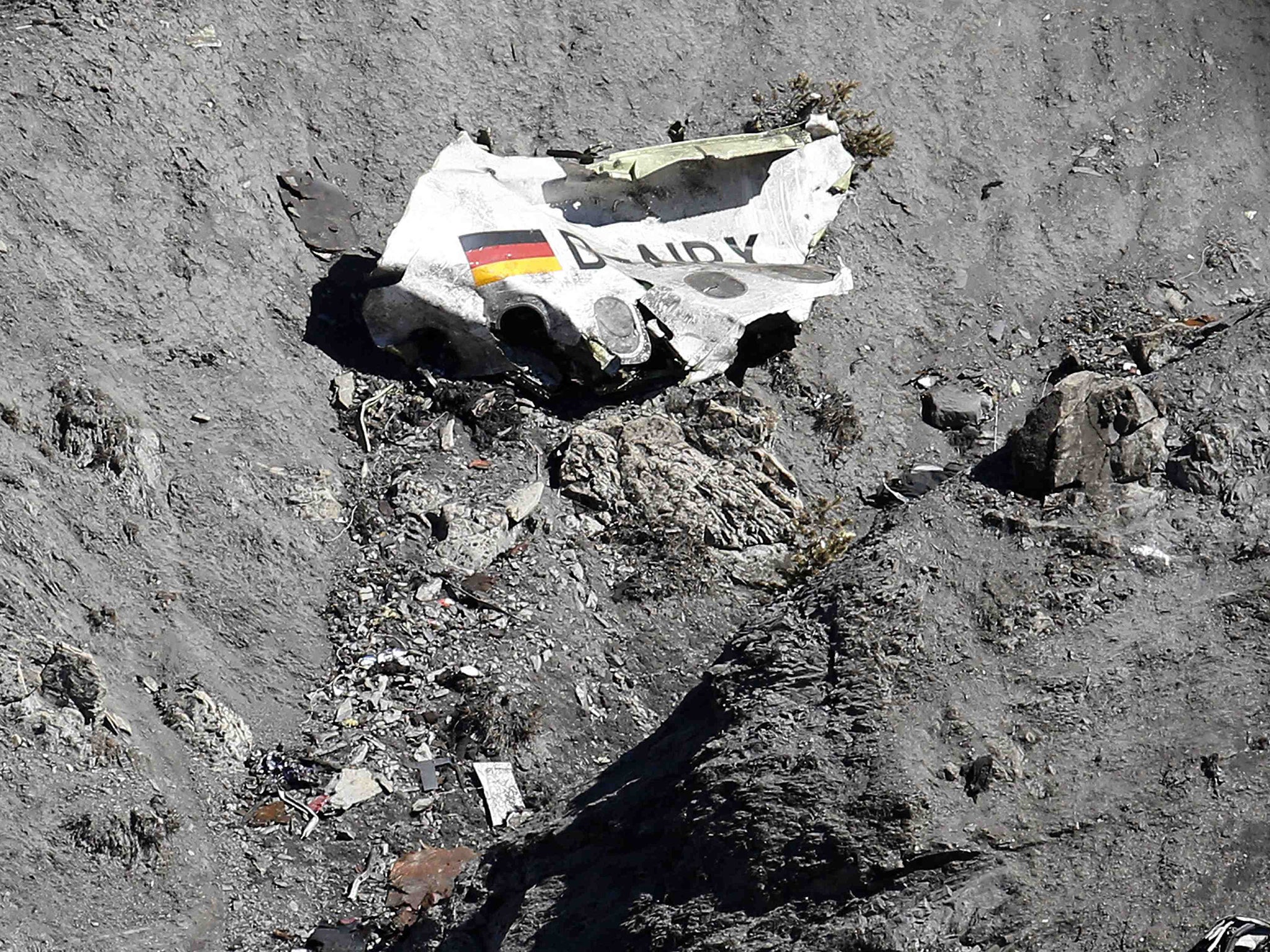Andreas Lubitz: Regular testing won't stop a pilot from 'flipping'
“The safety nets we are all so proud of here have not worked”

“Humans are fallible, and sane people snap,” an aviation veteran said after the revelation that one of the pilots had committed suicide and mass murder by downing the Germanwings plane.
Speaking anonymously, he told The Independent: “All the tests thrown at a pilot will not stop someone who flips from doing something as terrible as this, because of relationship breakdowns, bereavement or financial problems.”
Prospective pilots undergo a rigorous selection process to ensure they are mentally suited to the role. They undergo simulator testing at least once a year, in which they mutts respond correctly to high-pressure situations - knowing that their job depends on it. The process can reveal emotional fragility.
In addition, all pilots flying in Europe undergo regular psychiatric evaluation as part of the aeromedical checks to ensure they are fit to hold a licence to fly. The process, overseen by the European Aviation Safety Agency, takes place every six months for pilots aged over 40 and annually for younger crew.
Airlines implement additional procedures for “self-reporting” illness, whether mental or physical. The Lufthansa group, which includes Germanwings, has a system where crew can report, without fear of punishment, their own health issues or perceived problems in others.
Speaking to CNN, the Lufthansa chief executive, Carsten Spohr, said: “The safety nets we are all so proud of here have not worked.”
Investigators of the disappearance of Malaysia Airlines MH370 have focused on the mental state of the captain, Zaharie Shah. One scenario to explain the lost Boeing 777 involves him incapacitating passengers and crew and setting the controls for a remote crash site.
Dr Rob Hunter, head of flight safety for the British Airline Pilots’ Association, said: “Pilots operate a strict open culture of reporting any concerns whether related to technical matters, safety issues or any possible medical or mental issues with colleagues.”
Another aviation figure told The Independent that more frequent random toxicology tests could help to identify mental health issues: “Some people resort to alcohol or drugs when depressed."
She added that the scale of the Germanwings disaster could have been even worse if the fatal descent had taken place in a less remote area than the French Alps: “If the captain had left the cockpit at a different point in the cruise, and the co-pilot had followed the same procedure, the plane might have crashed on a city with multiple deaths on the ground.”
Join our commenting forum
Join thought-provoking conversations, follow other Independent readers and see their replies
Comments
Bookmark popover
Removed from bookmarks